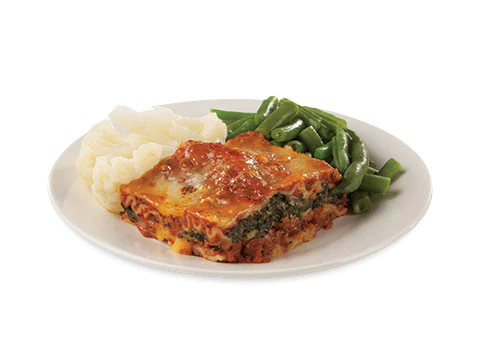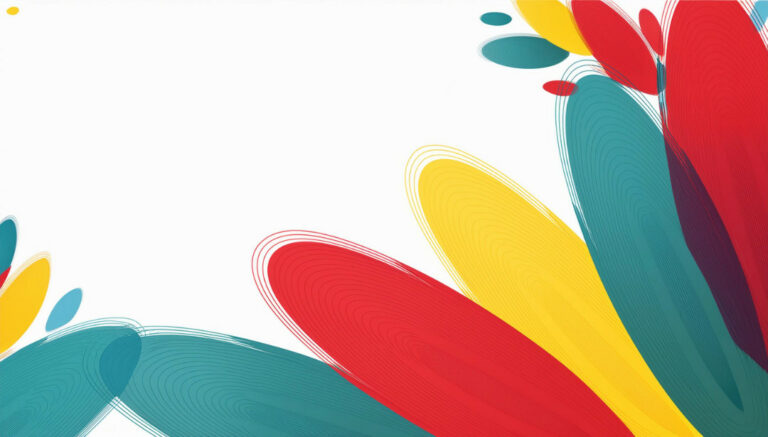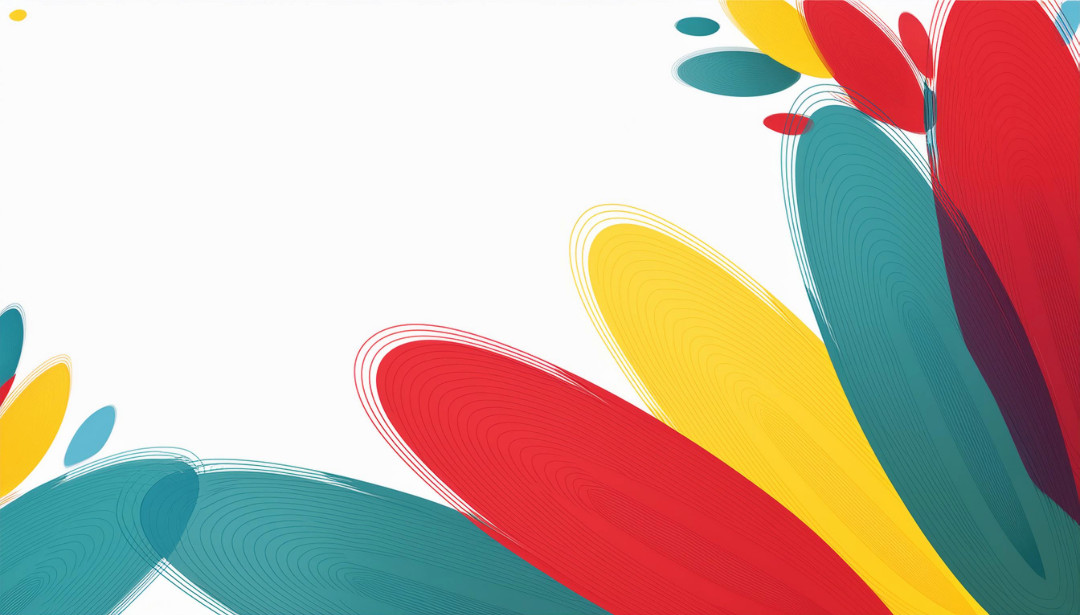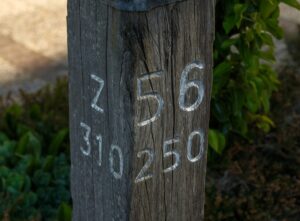Blog
Vaccine Lotteries and Inclusivity
I was quick to register for the one million dollar lottery prize for having a single, then a double dose of the vaccine.
Then I began to hear a different side of the discussion. A viewpoint said these lotteries were not good as they devalued the higher purpose of civil responsibility to help others. This caused me to pause as it fits my thinking but not my action of registering for the prize. Didn’t everyone have a sense of civic responsibility?
I started to look for other similar situations and identified the act of donating blood. It has more profound complications but has some valuable similarities. My understanding, currently, is that no Canadian jurisdiction pays people to give blood. Recently, the Alberta government is considering paying for donations.
Isn’t the act of giving blood a civic responsibility too?
Interesting. Is this a trend to lower levels of broad civic responsibility?
I think the concept of broad civic responsibility is waning. I see more groups of people feeling less attached to the general idea of community rather than meaning a much smaller subset of citizens.
Indigenous people have been marginalized since their first contact with Europeans. I understand why many would not feel a civic duty to support a system and people who have discriminated against them in so many obvious and provocative ways. The Indigenous equivalent of civic responsibility is authentic and put into action every day. It just looks different.
There have been attacks on Muslim women in and around my hometown and across the country. I understand why it is difficult for them to feel a civic responsibility to the community beyond the people of their faith. Yet they do with frequent events and ongoing programs to support those less fortunate, going beyond people of their faith. Amazing generosity.
There are more examples of showing civic responsibility to the broader community, but two are enough for now.
I see the vaccine lotteries as a symptom of failed inclusivity rather than a cause. I see it as the proverbial canary in the coal mine.
One of the many post-pandemic new-normals that I want to work towards is increasing genuine inclusivity. This goes beyond the needed financial supports offered with specific goals by governments.
This involves changes I need to make, first, to stop unintended support to lower inclusivity. Second, to actively contribute to greater inclusivity. If not me, then who?
Please give this a bit of a think. What is one way you could contribute to the greater inclusivity of others that you are not already doing?
I’m curious about your thoughts. Please leave your comment.
Photo by Jan Antonin Kolar on Unsplash
If you enjoyed The Blog, please share it with others. Thanks.
And my thanks to St. Albert Seniors Association: 780-459-0433 for making this Blog possible.

Volunteer Blogger










This is a tricky one. I think that the lottery prizes were intended as a last ditch attempt by governments to get people off the fence. Publix in the U.S. offered each vaccinated employee a $100 gift card probably to show that it was safe to shop there. Sometimes we need incentives. In the long run does it really matter why as long as you do it? Some civic duties like being called for jury duty have penalties for not complying. I have a civic duty to keep weeds from over-running my property and there is a by-law officer to enforce it. But anti vaxers are not punished. Could it be that they feel empowered by not complying? We’ll never know.
I don’t recall if I checked off the “yes” box to being an organ donor years ago when applying for my driver’s licence. I took part in a blind trial study ( not to be paid) taking a drug for five years that potentially reduced breast cancer risk. That was a moral duty on my part.
Not a b&w issue for sure. Thanks.